
England secures a dominant 118-run victory as South Africa’s rain-delay gamesmanship fails to save them.
David Willey was quick to highlight how South Africa’s attempt at time-wasting was thwarted during England’s commanding 118-run win at Old Trafford, which levelled the ODI series at 1-1. The England all-rounder suggested that “Mother Cricket” played a key role in ending the Proteas’ gamesmanship and allowing the match to reach a conclusion.
England’s victory was built on a strong bowling performance, as they bowled South Africa out for just 83, easily chasing down a target of 202 after the visitors’ dramatic collapse to 6 for 4 early in their innings. Although the match was in England’s hands, there was a brief moment of concern when light rain threatened to derail the game, potentially leading to an abandonment that would have deprived the hosts of the chance to claim the series.
Heinrich Klaasen, sensing an opportunity to extend the match, created an artificial delay of eight minutes, raising concerns about a small patch of exposed white at the bottom of the sightscreen. This tactic appeared designed to disrupt play in the hope of a rain delay that would alter the outcome. However, England remained unfazed, and Klaasen’s attempt at gamesmanship only led to frustration within the England camp.
“I think it was pretty clear what they were trying to do,” Willey remarked after the game. “They were hoping for a bit of rain to stick around and force the game into a no-result, allowing them to go to Headingley 1-0 up. But, as it turned out, Mother Cricket had other plans – they lost a few more wickets, and the game was effectively over for them.”
Klaasen’s delay came just before England reached the 20-over mark, which would have rendered the match a completed game and prevented a no-result scenario. When Jos Buttler stumped Klaasen for 33, the end was nigh for South Africa, and England wrapped up the win shortly thereafter.
Willey’s performance with the ball was pivotal in England’s dominant victory. Alongside Reece Topley, he helped dismantle South Africa’s top order in a controlled and clinical bowling display. With several key seamers injured, Willey and Topley have become central figures in England’s bowling attack this summer.
“We knew we had to bowl and field well to put them under pressure,” Willey said. “We managed to keep our foot on their throat and execute the basics well. Reece and I have been going well so far, and it’s been nice to get rewards from pitches that have been bowler-friendly.”
In the aftermath of the defeat, South African all-rounder Dwaine Pretorius remained philosophical, acknowledging that “bad days at the office” happen, but stressing that the team’s confidence would not be shaken. “Our batting unit has been in great form, and I’m sure they’ll bounce back and not let this defeat affect their performances,” Pretorius said.
With the series now tied, both teams will head to Headingley for the decider, where England will look to take the series lead, buoyed by their commanding win and the resilience shown by their bowlers.









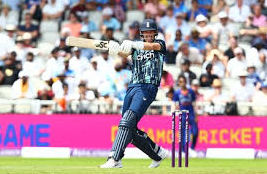
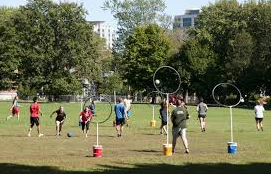
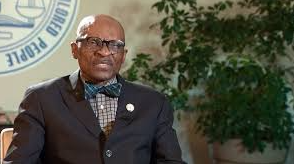


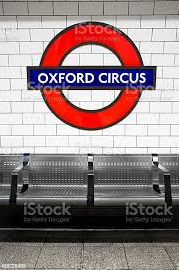
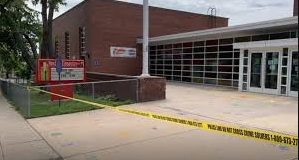
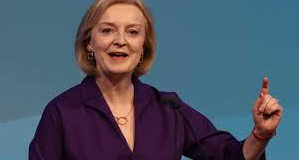
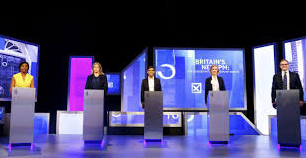
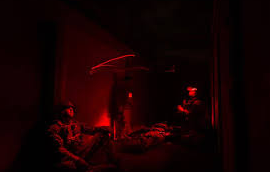

Comments
Hello world!
Pic of the week: Sunset at margate beach
The first day’s journey was through the pink fields
The first day’s journey was through the pink fields
The first day’s journey was through the pink fields